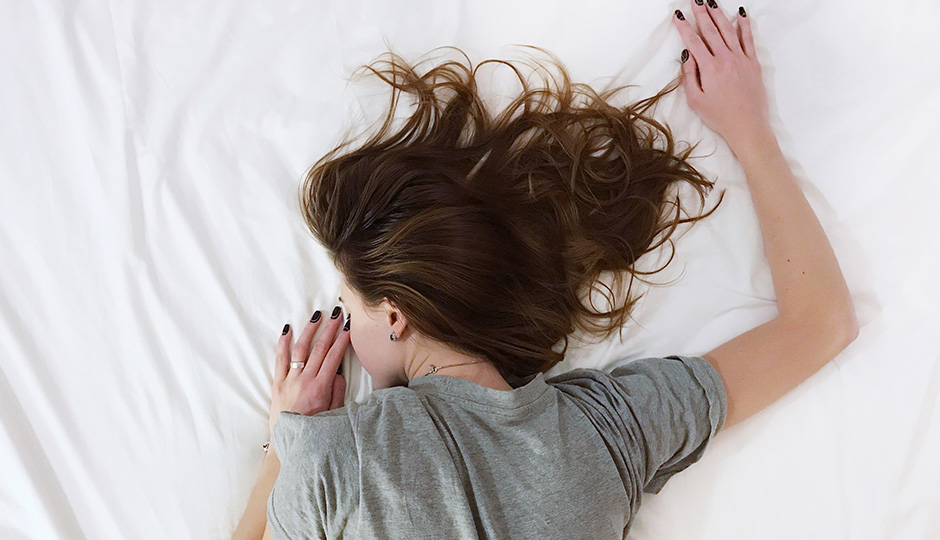It's normal for your hair to change over time. Your hair's texture, density, and thickness will vary throughout your life. Several factors can cause these changes, and determining the specific cause is the first step to finding a solution. In some cases, stress and anxiety can trigger hair loss; in others, it can exacerbate an existing condition.
Some Hair Loss is Normal
Losing some hair every day is normal. Your hair grows in a predictable cycle, and in the final stage, the hair is shed and replaced by a new strand. A person loses between 100 and 150 hairs daily due to this normal hair shedding.
While shedding is a normal part of the natural hair growth cycle, it is not the same as hair loss. Hair can become damaged from chemicals, heat, and styling techniques, but these hairs will typically grow back into strong, healthy strands of hair.
Hair loss occurs when the hair follicle is damaged and unable to produce hair. If you notice large clumps of hair falling out, increased shedding, or thinning hair, you could be experiencing early signs of a hair loss condition.
The Connection Between Stress and Hair Loss
The most common hair loss conditions have a genetic factor that causes thinning hair and hair loss as we age. However, hair caused by stress is due to environmental factors and can usually be controlled by managing the cause of the stress.
Excessive emotional or physical stress can cause or trigger hair loss. Emotional stress caused by a life-changing experience, such as a sudden death, job change, or divorce, can place the body under increased pressure and lead to hair loss. Severe physical stress, such as that associated with an accident, injury, illness, or surgery, can also trigger hair loss.
Types of Stress Related Hair Loss
Stress and anxiety are associated with three specific types of hair loss:
Alopecia Areata
Alopecia areata is an auto-immune disorder. An auto-immune disease causes the body's immune system to attack healthy cells. In the case of alopecia areata, the immune system attacks healthy hair follicles, impeding their ability to produce healthy hair and leading to bald patches on the scalp. Treatment typically addresses the underlying cause and may include topical scalp medications.
Telogen effluvium
Telogen effluvium is a common and less severe form of hair loss. Emotional or physical stress can interfere with the hair's natural growth cycle and cause hairs to enter the resting stage early. In this stage, the hair stops growing but is still attached. These hair strands typically fall out in two to three months and are replaced with new hair within six to nine months.
Trichotillomania
Trichotillomania is a mental disorder characterized by the urge to pull out one's hair. Caused by stress and anxiety, people often pull out hair subconsciously without even realizing it. Pulling out hair can provide a brief sense of relief and positive emotions but can lead to hair loss, further adding stress.
Reduce Stress and Grow Your Hair Back
Many factors can lead to hair loss, but most hair loss caused by stress is not permanent. For many people, reducing the stress causing hair loss enables the hair follicles to heal and produce healthy strands of hair again. Treatment options are available to stimulate new hair growth in more severe cases and when the condition has progressed.
At Mane Image, we are experts at determining the cause of hair loss and offer our clients proven solutions. If you are dealing with thinning hair or hair loss, we can help you create a custom treatment plan to help regrow your natural, full head of hair. To learn more about how stress can cause hair loss and what you can do to keep your hair healthy, contact us today and schedule your FREE initial consultation.












